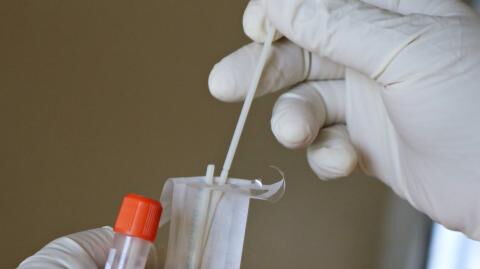Though cases of COVID-19 in animals remain relatively rare, those who do contract the virus can be left with further cardiovascular complications.
Discover our latest podcast
Myocarditis as a result of COVID-19
Scientists from the Ralph Veterinary Referral Centre in Marlow found four cases of cats and dogs (two of each) suffering from myocarditis—an inflammation of the heart muscle after testing positive for the virus. Paper author and veterinary cardiologist Luca Ferasin said:
Our study reports the first cases of cats and dogs affected by the COVID-19 alpha variant. [The findings] highlights, more than ever, the risk that companion animals can become infected with SARS-CoV-2.
And added:
We also reported the atypical clinical manifestations characterized by severe heart abnormalities, which is a well-recognised complication in people affected by COVID-19 but has never described in pets before.
All of the recorded cases of coronavirus in pets from the study found that their human owners had themselves been exposed to the virus before transmitting it to their furry companions. Researchers concluded that transmission only occurs from humans to pets, rather than the other way around. There is also very little evidence that shows transmission occurring between pets.
Caution should be exercised
Still, veterinarian Els Broens believes that people should avoid their pets if they do become infected with the virus just as you would anyone else who displays symptoms. According to the expert:
The main concern, however, is not the animals' health—they had no or mild symptoms of Covid-19—but the potential risk that pets could act as a reservoir of the virus and reintroduce it into the human population.
But added:
Despite the rather high prevalence among pets from Covid-19 positive households in this study, it seems unlikely that pets play a role in the pandemic.















